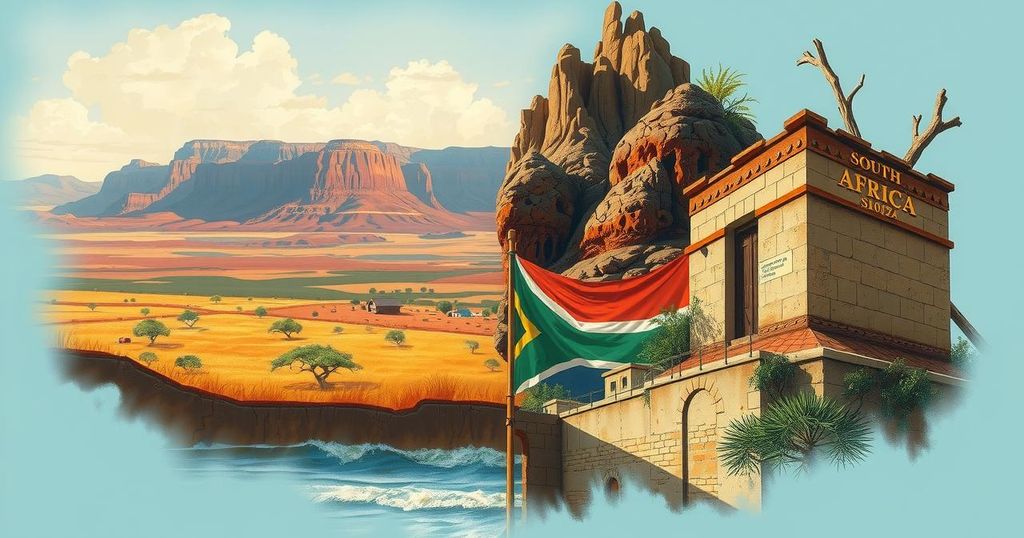President Cyril Ramaphosa of South Africa has labeled the narrative of white persecution as unfounded, especially against claims made by prominent figures like Elon Musk and Donald Trump. Musk has characterized certain political movements in South Africa as promoting “white genocide,” a claim that the South African government refutes. While acknowledging occasional violent attacks on farmers, the government insists that such incidents are part of broader crime trends affecting all races, rather than a targeted campaign against white farmers.
In a recent statement, South African President Cyril Ramaphosa firmly dismissed claims of persecution against white individuals in South Africa, describing such assertions as a “completely false narrative.” This response was aimed at countering remarks made by influential figures, including U.S. President Donald Trump and Elon Musk, who have alleged that the government mistreats the white minority population, specifically the Afrikaners.
Elon Musk, an advocate for this narrative, reiterated his belief that certain political factions in South Africa are promoting what he termed as “white genocide.” His comments were made in light of a controversial rally where attendees sang a notorious song referencing violence against Afrikaner farmers. Ramaphosa urged the South African populace to reject outside divisive narratives that could lead to internal discord.
The president’s remarks also coincided with Trump’s recent executive order, which aims to cut funding to South Africa while extending refugee status to Afrikaners based on claims of systemic mistreatment. Critics, including Ramaphosa, have countered these allegations as misinformation. Despite the government’s acknowledgment of violent attacks on farms, it maintains that such incidents are not indicative of organized oppression against whites.
The Afrikaners, descendants of early European settlers, were formerly at the helm of the apartheid regime but have seen substantial efforts towards reconciliation since 1994. Recent statistics show a concerning trend of violent crimes affecting individuals of all races, with experts asserting that there is insufficient evidence to support claims of targeted attacks against white farmers.
In response to the broader societal concerns, the South African government continues to condemn violence and seeks to clarify the narrative around farm attacks, emphasizing that such issues are part of the larger context of high crime rates across the nation. Organizations advocating for Afrikaners have raised concerns over police statistics, suggesting that official reports have underrepresented the actual number of homicides occurring on farms.
Overall, the dialogue surrounding race relations in South Africa remains complex and contentious, marked by historical contexts and current political tensions that warrant careful consideration and dialogue.
The recent statements by President Cyril Ramaphosa underscore the complexity of race relations in South Africa, especially amidst claims of white persecution by significant international figures. Despite allegations of a vendetta against whites, the South African government asserts that violent crime is broadly inflicted on all racial groups and emphasizes the importance of unity against divisive narratives. Continued dialogue and accurate information are critical in addressing these sensitive issues.
Original Source: apnews.com




